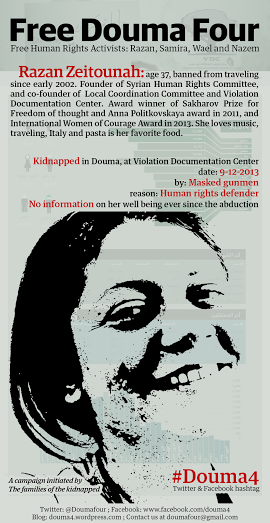So many things attached to this blog and its newly-constructed meanings over the past 5 years pushed me away from it. Its title, is one of them. The spotlight and the fixed fashionable terms that I don’t intend to discuss in this post. Perhaps later (I am so good at postponing anxiety).
Right now, I am changing the title from Razaniyyat to “Exiled” one.
As some of the readers of this blog know, I was born in the US, so unlike millions (literally) of Syrians today who wish or dream of obtaining refugee status or a new passport, I don’t need to. The opportunity of leaving Syria has been there ever since I was born 35 years ago, in Florida.

Landing in UK September 16th 2015
I am so much privileged that worrying about visas or safety is not an issue for me. This privilege alienates me from understanding or comprehending the need of “refugee” or comprehend really what constitutes as “unwanted citizens” of some countries like Syria, Palestine, Iraq among others. Even thought that my own brother had to cross the sea like tens of thousands other Syrians. I called the smuggler, was part of the money negotiations and the whole process. I still did not cross the sea.
Despite this feeling of alienation, I’ve learned that it’s not productive to feel guilty on things you cannot change about yourself or your privileges. “Invest in resources, Razan.” I keep telling myself.
This is my long explanation to tell you why this blog won’t change into “Refugee Razaniyyat.”
Even though I could not register as a refugee, it doesn’t mean I, too, did not have to leave as well. Like tens of thousands of residents in Syria (Syrians, Palestinians, Kurdish-Syrians among others), I left Assad and IS. But unlike many male opposition activists residing today in so-called Northern “liberated” areas, I also left the male-dominated opposition territories.
As many of you know, dozens of Syrians left Assad’s controlled areas because of their political opinion and activism that will put their lives (and their families) in danger.

My room in Leeds, UK.
Hence, some went to what’s been called as “liberated areas” in Northern Syria- lands and territories that are liberated from regime’s control and are now controlled by brigades close to the opposition. I lived there for 9 months and 20 days in 2013. Unveiled single woman activist. It was a very draining and perhaps next to impossible to be as such in the area – a discourse you rarely hear from male opposition and media journalists or writers who’ve been or living in these areas.
Today, if I want to go back to the “liberated areas” I must be veiled, and preferably with a husband.
Like tens of thousands of residents of Syria I fled Assad and IS. But unlike many male activist and revolutionaries, I also left the male-dominated opposition lands too.
Exile is my only option.
This blog is going to be about this journey of exile into unknown paths and future.
7th February 2016
Leeds, UK.




